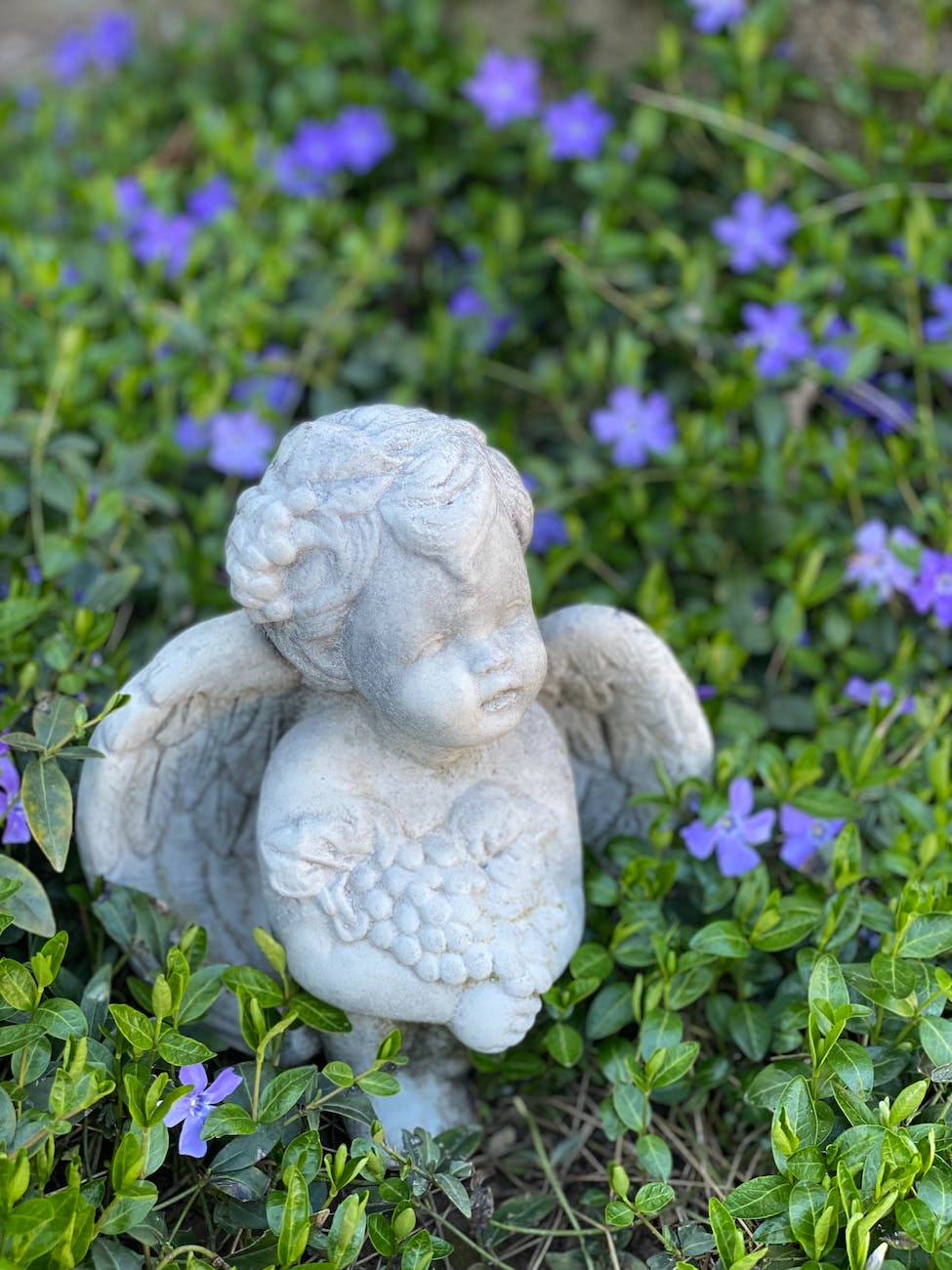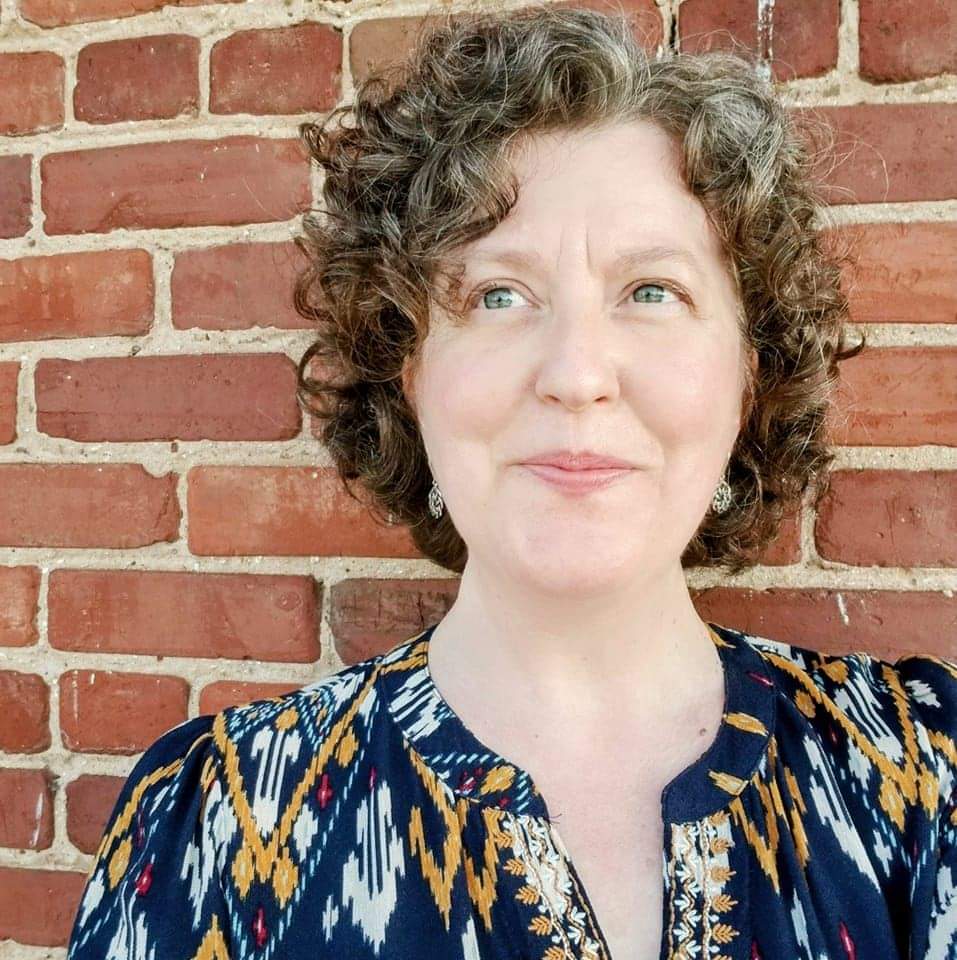The stories and musings of a former homeschool mom and one-time missionary and pastor’s wife.

● Featured Article
-
My ex-husband’s wife suddenly and unexpectedly died. Most of you who know or follow me know that I went through a general hell for the entirety of my marriage, spanning from 1994 to 2018, when two years of separation mercifully ended in divorce. If you are new, you can read…
● Latest Articles
-

My Winter Coat
That sweet aunt was never able to raise her own child, but she certainly had an impact on me. And my winter coat was not…
-

The Dizzying Reason the Church Isn’t Sorry
Last month, a reader asked this question in response to my post Sorry. How do they not see it, the terrible harm they inflict in…
-

Moving On
In 2008 my husband and I bought ten acres of Virginia jungle to build a cabin on. The cabin had been a dream we had…
● About Me

Hi. I’m Stephanie, the author behind this blog. At one time, my highest goal was to serve the Lord. That Lord was the god I had been trained to believe was the god of the universe. The god that Christians say was presented in the form of Jesus of Nazareth. There was no greater goal in my denomination’s worldview than to be a missionary, and I felt that I was called from age fifteen. In obedience to that call, I was educated, trained, and became a missionary, pastor’s wife, and homeschool mom. Through the decades, I have come to some very different understandings of theology, humanity, and myself than those that idealistic and easily led teenage girl believed. Here, I write my thoughts about the impact my past beliefs had on me and my family and my observations of how those beliefs influence the world in which we all live.
